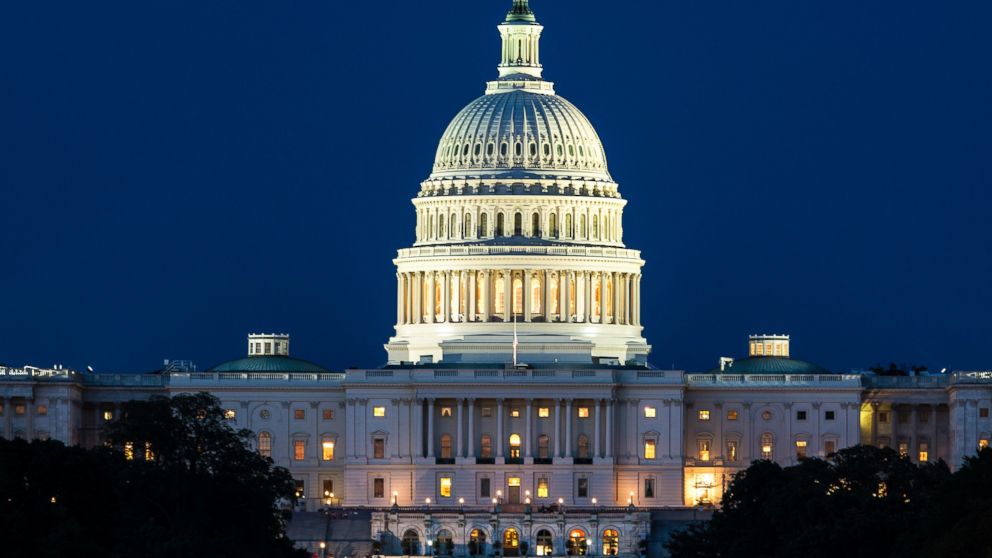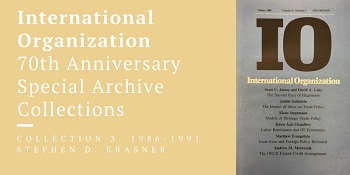Waves of global crises have generated challenges in nearly every corner of human life. Catastrophic climate change, an ever-morphing global pandemic, widening democratic decline, rising economic inequality, increasing violence, geopolitical rivalry, and war join...







